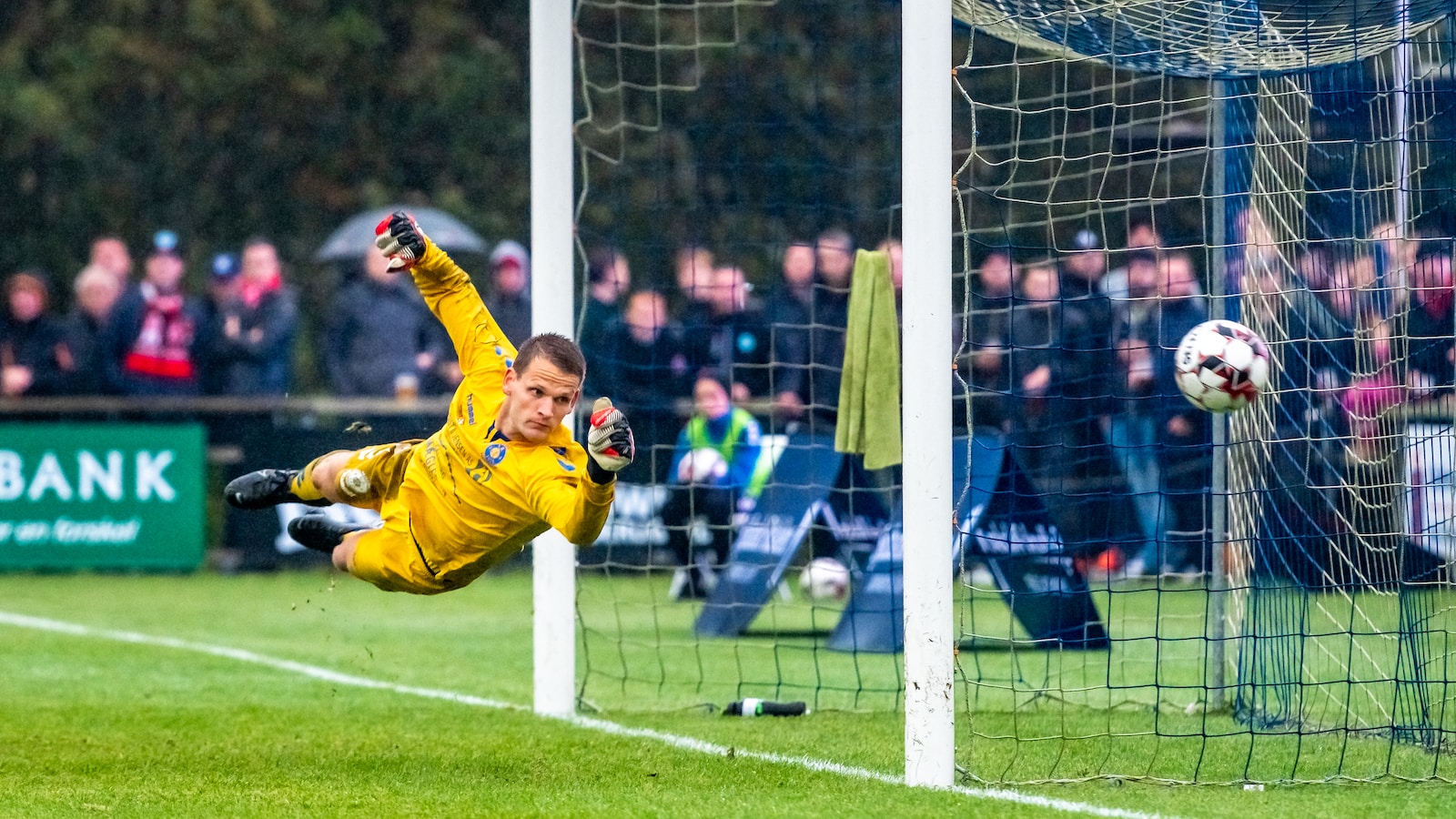Understanding the Difficulty of Soccer
Playing soccer is a challenging and rewarding experience. Whether you’re an experienced player or just starting out, it’s important to understand what makes soccer difficult so that you can become better at the game. This article will explore some of the elements that make soccer hard and how you can use these aspects to improve your skills.
Physical Challenges
The physical aspect of soccer is one of the most difficult for players to master. It takes endurance, agility, strength, and coordination in order to perform at a high level on the pitch. Players must be able to run for long periods without getting tired and have excellent ball control with both feet in order to succeed in this sport. Additionally, they must also possess good spatial awareness so they know where their teammates are on the field during play. Becoming physically fit for soccer requires dedication and commitment, but it pays off when players see improved results on the pitch due to their increased stamina and strength levels.
Technical Skills
While physical abilities are important in soccer, technical skills can often be more challenging for many players. Technical skill involves being able to accurately pass or shoot a ball while under pressure from opponents or feeling rushed by time constraints – two scenarios that require quick decision-making abilities as well as precise execution techniques with your feet or body parts used in shooting situations (e..g chesting). Mastering these technical skills requires practice over time; however, they are essential if any player wants success on the field due to its effect on ball possession percentage throughout matches which ultimately decides who wins games!
Mental Toughness
Playing soccer demands not only physical and technical skills but also mental toughness from all participants involved. This means reacting quickly when defending against an attack or staying composed when taking penalty kicks toward the goal. Mental toughness is often overlooked but is necessary for consistent success in competitive matches due to its relation to concentration levels, decision-making ability in tight moments, and confidence, especially in defensive positions. Therefore, developing mental fortitude alongside other skills should be seen as equally important during training sessions.
Conclusion
In conclusion, playing competitive level football brings a wide range of difficulties regardless of experience/skill level ranging from physical endurance required, mastering technical aspects including passing/shooting & developing strong mentality traits like reaction speeds/composure, etc. Although there may seem daunting initially, becoming familiarised with each difficulty will allow any individual to become an overall better footballer – So no matter how hard things get, don’t forget why we do this beautiful game & keep striving onwards!

